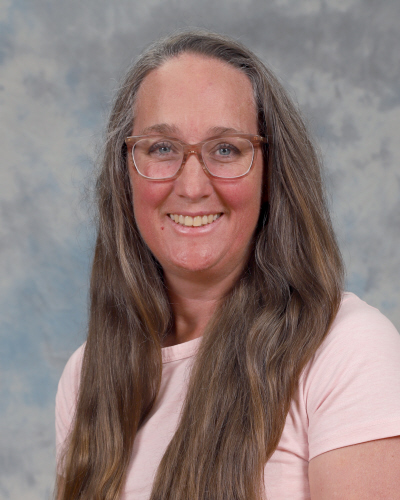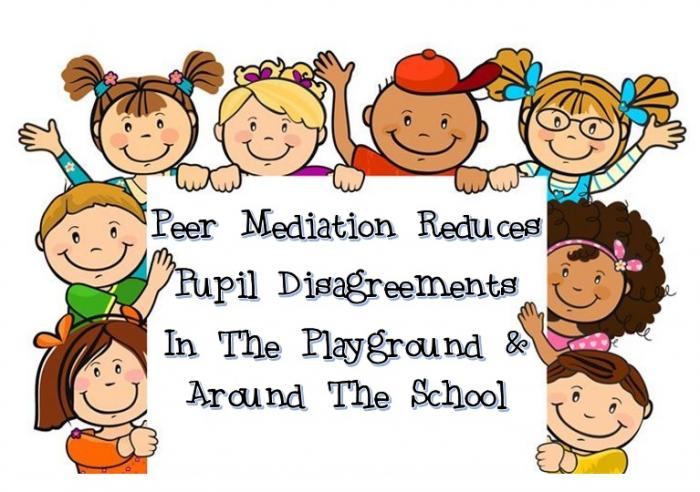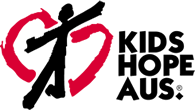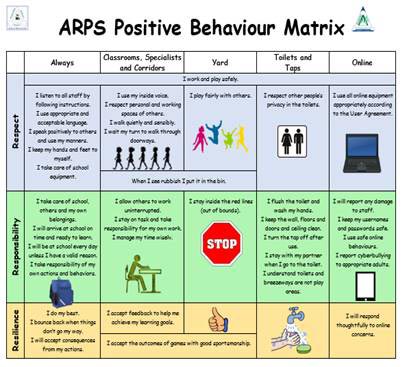Wellbeing at Albany Rise
At Albany Rise the wellbeing of our students is paramount. To effectively meet the needs of our students, we take a whole school approach that focuses on safety and wellbeing throughout all school practices. Albany Rise has clear, well defined and agreed expectations of acceptable types of staff, parent and student behaviour that allows all members of the school community to have a shared understanding of what unacceptable or bullying behaviour is. Teachers work in partnership with parents to reduce and manage anti-social behaviours.
Primary Welfare Officer- Dana Kroenert
The Albany Rise Primary Welfare Officer is vital in responding to the needs of our young people. They are responsible for helping students handle issues such as truancy, bullying, drug use and depression. Our Primary Welfare Officer will work with other welfare professionals and agencies to address student needs. Our Primary Welfare Officer is at Albany Rise on Monday and Friday.
Our Primary Wellbeing Officer will:
1. Provide Whole School Support
- Primary Prevention – To work closely with school staff, especially the Principal and Assistant Principal to develop a coordinated approach in identify and assisting children and families.
- Early Intervention -To develop and implement a range of programs and interventions to meet the needs of the students that focus on social, emotional and education needs.
- Intervention – Case managed support with specialised services to at-risk children. When appropriate assist families and children offer referral to appropriate agencies.
- Restoring – Providing support to parents and children affected by trauma or crisis situations.
2. Work with teachers and students
- Increase teacher capacity to support the diverse needs of students.
- To provide information and resources to teaching staff
- Provide individual support for at-risk children
- Provide group support for at-risk children
- Managing student referrals
- Work with parents
- Communication
- Parent support
- To provide information and resources to parents
- Referrals
3. Work with the Community
- Liaise with external welfare providers
- Contribute to the regional and local Primary Welfare Officer Network
- Develop community partnerships to draw on external welfare expertise

Respectful Relationships
The Respectful Relationships whole-school approach recognises that schools are a workplace, a community hub and a place of learning. Everyone involved in our school community deserves to be respected, valued and treated equally. The research based program is accessed by students across the school to ensure core values of respect and resilience are explicitly taught and embedded in our school culture.
We know that changes in attitudes and behaviours can be achieved when positive attitudes, behaviours and equality are lived across the school community, and when classroom learning is reinforced by what is modelled in our school community

Restorative Practices
All of our staff at Albany Rise Primary School have received training in Restorative Practices. Restorative Practice involves working to enable students to take responsibility for their actions/ behaviours and repairing any harm done to relationships. All those affected by any conflict are assisted to find a way forward thus reducing anger and resentment. The focus is on building relationships and thereby developing a caring community. The approach ensures that students feel safe and happy in a supportive school environment. During the time ahead our school will be developing procedures and strategies to utilise a restorative approach with the students.

Peer Mediators
Selected year 5 and 6 students attend Peer Mediator Training. Our selected Peer Mediators group have an amazing breadth and depth of compassion and care that will support and guide our students in the yard when they encounter tricky situations. Our teaching staff are lucky to have such wonderful role models as they all upheld the school values of respect, resilience and responsibility.

Breakfast Club

Kids Hope Mentors
Kids Hope is a World Vision mentoring program aimed at developing emotional and social resilience in children, thereby enhancing their capacity to learn. The model is built on a long-term partnership between a local government primary school and a local church. Carefully screened and trained mentors from the partner church meet the children for one hour per week at the school. The results can change lives. To learn more visit the website – https://www.kidshopeaus.org.au/

School Wide Positive Behaviour Support SWPBS
School-wide positive behaviour support is an evidence-based framework for Victorian government schools for preventing and responding to student behaviour. It aims to create a positive school climate, a culture of student competence and an open, responsive management system for all school community members.
Instead of using many different behaviour management strategies, a consistent system of expectations for all students within our school is implemented in all areas including classrooms and other settings such as in the canteen, the playground and in the hallways and corridors.
Our students know these expectations as our school values (3R’s):
- Responsibility
- Resilience
- Respect

